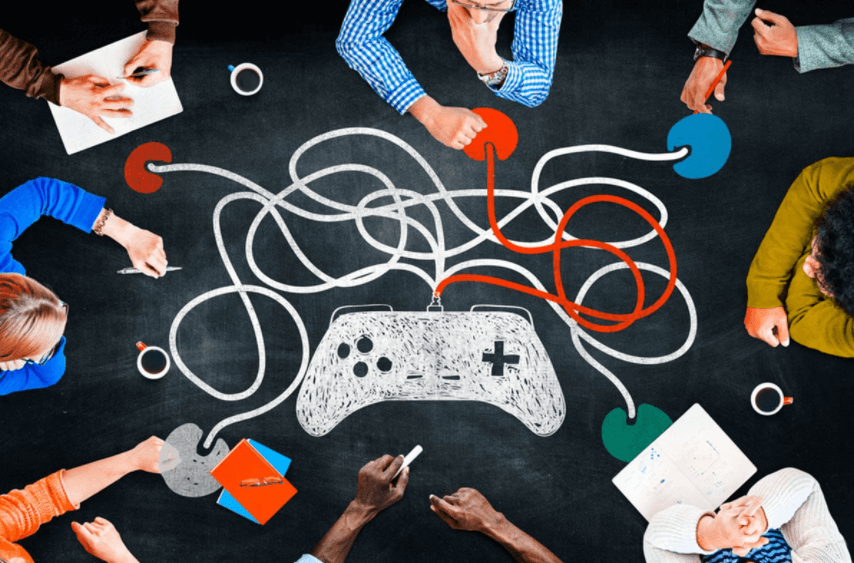APPLICATION OF GAME-BASED LEARNING

Choosing Game-Based Learning
The influence of various playing models currently developing sometimes makes parents and teachers worry about the development of their children and their students. Even though if the game is managed properly, the results will be extraordinary. Everyone, whether big or small, young or old, basically loves games. This is understandable because in the game there are elements of recreation and challenges so that it can relieve stress. Even for children, games are an excellent medium for learning. Through the process of playing most of the skills and abilities the child has.
On the basis of the description above, it is very appropriate if the teacher chooses to use games in the learning process they do. Through games, it is hoped that the teaching and learning process carried out by the teacher can be active, innovative, creative, and fun.
What is game-based learning?
According to Wikipedia, game-based learning is a game specifically designed to teach people certain materials, explain concepts, reinforce development, understand a historical or cultural event, or provide assistance to these people’s skills as they play. Whereas in web game base learning game-based learning is defined as learning that uses competitive training, both matching students with each other to make them challenge themselves to motivate them to learn better. Based on The two meanings above, then game-based learning is a game designed to teach students certain materials or skills by comparing students with each other or challenging themselves with the aim of being more motivated in learning.
Benefits of game-based learning
There are many benefits that can be taken from game-based learning to shape the abilities of students in various aspects of learning, ranging from cognitive aspects, affective aspects, and psychomotor aspects.
In the psychomotor aspect, games can improve the motor skills of students, both gross motorist and fine motor skills. Besides that, play can also increase the sensitivity of each of the five senses that the child has. In the affective aspect, games can improve the character of students. Through playing students can train in communication, cooperation, responsibility, sportsmanship, and others.
Games also have a big role in the cognitive development of students. For example in guessing games, children are required to remember lots of facts that are difficult to do if they are not in playing conditions. This is certainly very difficult to happen if it is done through lectures or other methods.
Game-based learning includes learning that accommodates all existing learning theories. Learning with games can be used in general, both for behaviorism, cognitive, and social psychology theories. Because students feel happy to actively participate in the game. Thus, the use of game-based learning in the classroom can be theoretically justified. Learning with games (games) referred to in this article is based on a computer/internet.
Lido learning is a place where you can enjoy game-based learning online. This is a totally unique way of study.







